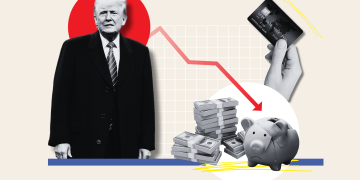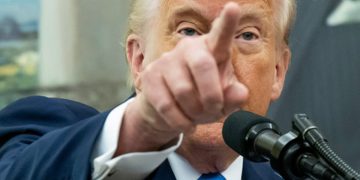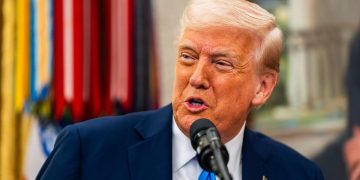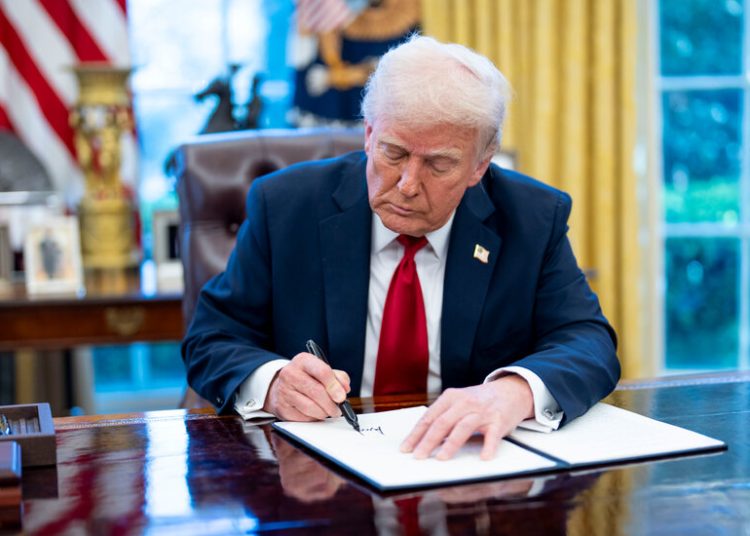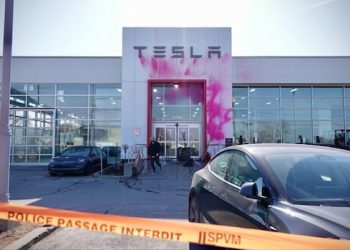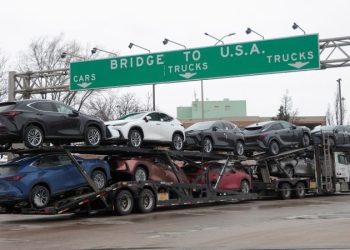Mexico deployed thousands of National Guard troops to the border to deter migrants from reaching the United States. South Korea said it would invest $21 billion in expanding U.S. manufacturing. Japanese officials descended on Washington, offering to invest $1 trillion in the United States and buy more American natural gas.
None of that was enough to prevent one of those countries’ biggest tariff concerns from becoming a reality on Wednesday, when President Trump declared that automobiles and car parts imported to the United States would face a 25 percent tariff starting on April 3.
Mexico, Japan and South Korea, along with Canada, account for about 75 percent of U.S. vehicle imports. Beyond direct exports, Japanese and South Korean automakers also manufacture many of the vehicles in Mexico and Canada that ultimately land in the American market, leaving them particularly exposed to the tariffs.
In the near term, Mr. Trump’s new tariffs are expected to scramble foreign automakers’ production operations and drag on their earnings. Shares in Japan’s Toyota Motor, Honda Motor and Nissan Motor all fell about 2 percent in Asia trading on Thursday. The stock prices of South Korea’s Hyundai Motor and Kia, as well as Mazda Motor and Subaru — two smaller Japanese manufacturers particularly dependent on U.S. sales — fell between 3 and 6 percent.
However, if the tariffs are prolonged — or even permanent, as Mr. Trump has said they will be — they will likely have…

